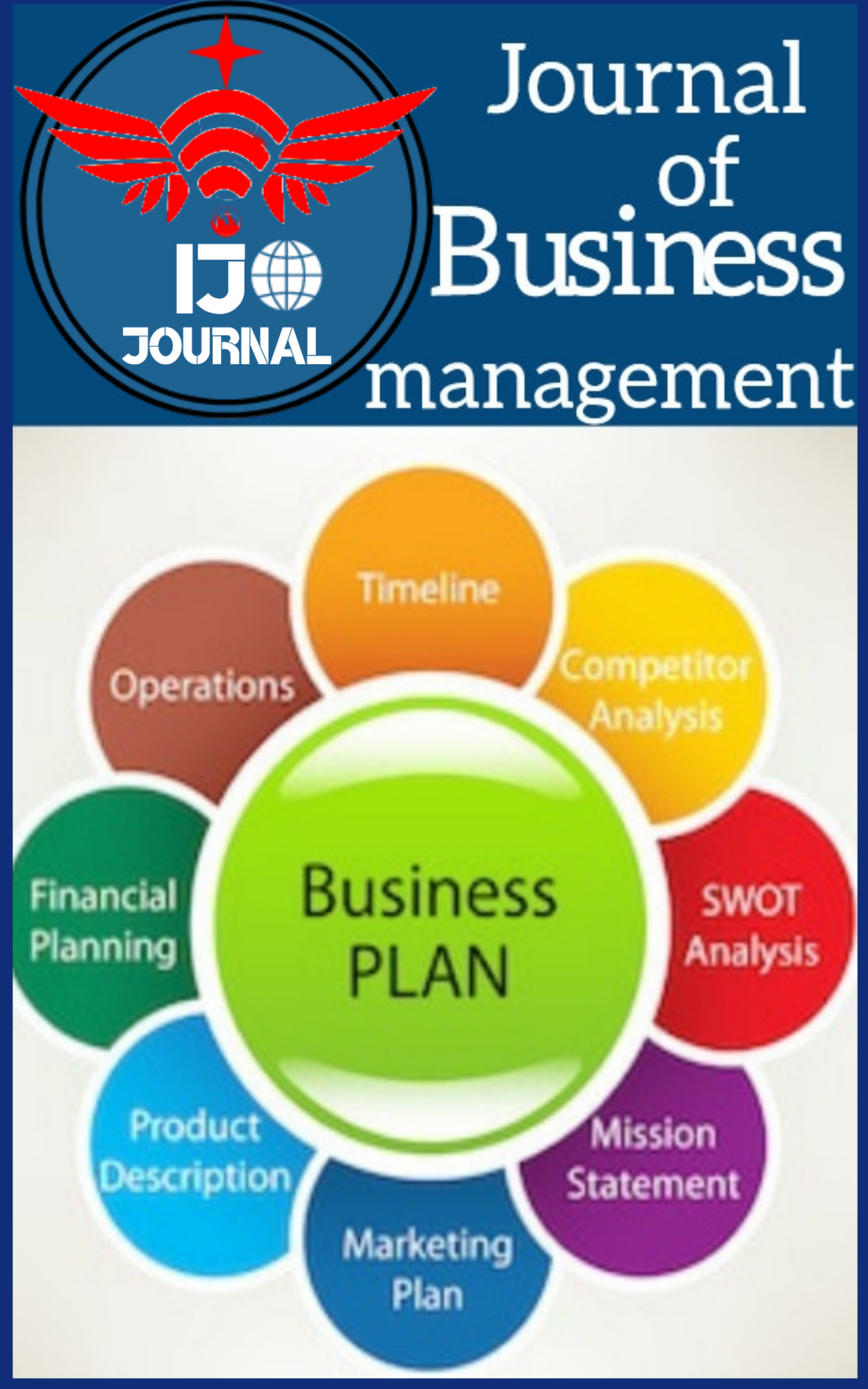Impact of use Information Technology on the development of accounting functions: the role of training and development as an intermediate factor
Abstract
This research explores the significant impact of use Information Technology and its relationship in development of accounting functions, focusing on the role of training and development as an intermediary factor. The problem of study was to consider the digital transformation and use financial technology as one of the biggest challenges facing the accounting profession in current period, so understanding how training and development affect the ability and skill of accountants to absorb and use these technologies becomes very important. There are also challenges facing the process of this development, represented by the inability of many organizations to achieve the expected benefits of information technology, due to the lack of training and development available to accountants to keep up with these new technologies. This study aims to understand how training and development programs affect the development of accounting skills and increase the efficiency and skill of accountants in dealing with technology. SPSS statistical analysis was used through the use of factor analysis and the research objectives were achieved by conducting a comprehensive review of academic references and previous research in this field. The study found that there is a strong impact of the use of Information Technology on the development of accounting jobs, as well as a positive impact of training employees in accounting departments and their development in contributing to the advancement of accounting jobs.
References
Bassam Abu Hashish(2018), the reality of Human Resources Management in the Palestinian Ministry of education and its relationship to the level of job satisfaction, studies journal for Humanities and Social Sciences, University of, Jordan.
Becker, G. S. (1964). "Human Capital: A Theoretical and Empirical Analysis, with Special Reference to Education." University of Chicago Press.
Brynjolfsson, E., & McAfee, A. (2014). "The Second Machine Age: Work, Progress, and Prosperity in a Time of Brilliant Technologies." W. W. Norton & Company
Bushra Abdul Hamza(2008), the impact of comprehensive quality management on banking performance in Diwaniyah governorate, administrative and Economic Journal, Diwaniyah University, Iraq.
Field, A. (2006), Discovering Statistics Using SPSS, Second Edition edn, SAGE Publications, London.
Ghassan al-Lami (2009), computing the determination of production costs for plastic products, Al-Ghari Journal of economic and Administrative Sciences, Kufa University, Iraq.
Hair Joseph F. Jr., Black William C., Babin Barry J., Anderson Rolph E. & Tatham Ronald L. (2006) Multivariate Data Analysis, 6th edn, Pearson Prentice Hall, Pearson Education, Inc., Upper Saddle River, New Jersey 07458.
Hair, J.F. Jr., Anderson, R.E., Tatham, R.L., & Black, W.C. (1998). Multivariate Data Analysis, (5th Edition). Upper Saddle River, NJ: Prentice Hall
Hind Al-Damour(2021), motivation management and its relationship to job performance in Mafraq brigade schools, Studies journal for Humanities and Social Sciences, University of Jordan, Jordan.
International Federation of Accountants (IFAC). (2020). Handbook of International Education Pronouncements.
Laudon, K. C., & Laudon, J. P. (2020). "Management Information Systems: Managing the Digital Firm." Pearson.
Layla al-Tawil (2011), developing a technology acceptance model and testing it on the use of Accounting Information Systems, Journal of economic and Legal Sciences, Tishreen University, Syria.
Mahmoud al-hawasi, Haider al-Barzanji ,(2014) principles of Modern Management Sciencemy library of Management Sciences, University of Diyala, Iraq.
National Institute of Standards and Technology (NIST). (2020). "Information Technology: Definition." NIST
Noe, R. A. (2017). "Employee Training and Development." McGraw-Hill Education.
Nour El gedaie(2016), the impact of human resources management practices on the discovery and development of the creative abilities of workers, economic visions magazine, Faculty of Economic Sciences, University of the Valley, Algeria.
Phillips, J. J., & Stone, R. D. (2002). "How to Measure Training Results: A Practical Guide to Tracking the Six Key Indicators." McGraw-Hill.
Saad al-Anzi (2014), behavioral finance science, Al-Ghari Journal of economic and Administrative Sciences, Kufa University Iraq.
Saleh al-Kasasbeh (2011). The impact of intellectual capital on the effectiveness of internal operations in telecommunications companies . Amman Arab University, Jordan.
Sekaran, U. (2000), Research Methods for Business: A Skill Building Approach, John Wiley and Sons
Smith, J., Johnson, M., & Williams, A. (2019). Building Trust in e-Commerce: Exploring the a of Website Design Elements on Initial Trust Formation. Journal of Organizational and End User Computing (JOEUC)
Smith, R. (2019). "The Impact of Information Technology on Business and Economics." Business Horizons
Yousry El-Beltagy(2016), the impact of the introduction of Information Technology in the accounting education system on the efficiency of the Management Accounting Information System, Journal of the Faculty of Commerce for scientific research Alexandria University, Egypt
Copyright (c) 2024 IJO -International Journal of Business Management ( ISSN 2811-2504 )

This work is licensed under a Creative Commons Attribution-NonCommercial-NoDerivatives 4.0 International License.
Author(s) and co-author(s) jointly and severally represent and warrant that the Article is original with the author(s) and does not infringe any copyright or violate any other right of any third parties and that the Article has not been published elsewhere. Author(s) agree to the terms that the IJO Journal will have the full right to remove the published article on any misconduct found in the published article.

